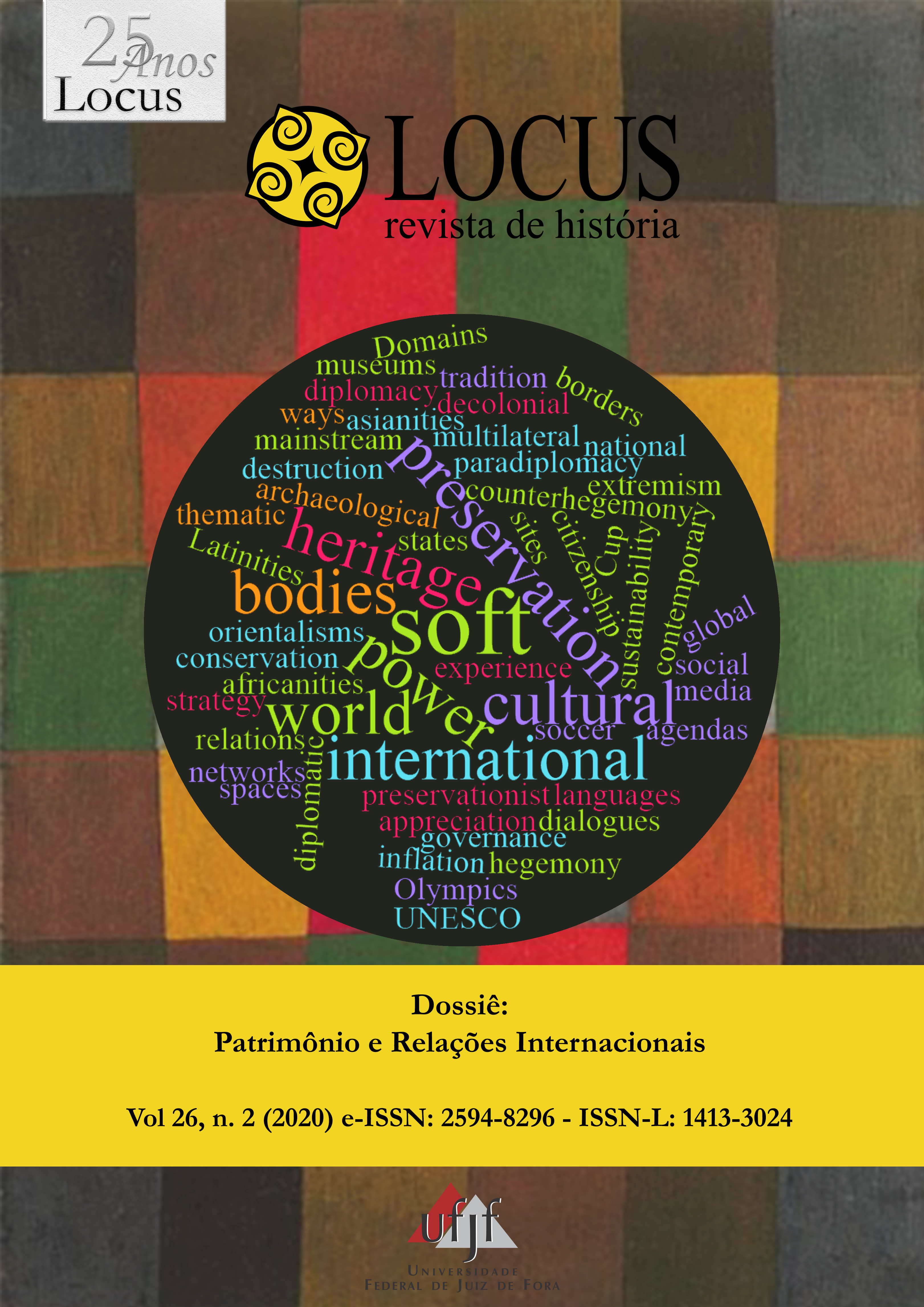Ruptures and continuities in the preservation of international cultural heritage: an interview with Peter Burke
Published 2020-09-10
Keywords
- Peter Burke,
- interview,
- world Heritage
How to Cite
Abstract
In the historiography produced on Cultural History, he is one of its greatest exponents. In the past two or three decades, anyone who has graduated in history, or been motivated to understand the history of culture, certainly knows our interviewee. His name ended up becoming a synonym of rigor and versatility. Professor Emeritus at the University of Cambridge, England, Peter Burke, gently interrupted his routine in the United Kingdom to talk to us about the impact that the subject of this Dossier brings to contemporary times. He went through complex themes that help to understand the role of the historian of the present in the fields of cultural heritage and international relations. The historian who helped to popularize the history of culture among his peers is today one of the most well-known foreign intellectuals in Brazil and in Portuguese-speaking countries, due to his editorial production, almost all of which was translated into Portuguese. A specialist on several fronts, ranging from the Renaissance and the Absolute Monarchies to the history of ideas and culture, he pendulates between modern European history and the understanding of the present time, combining good verve and shrewdness. Burke accepted the challenge of discussing a topic on which he claims to be only a “curious observer”. His historiographical production remains a relevant contribution, capable of dealing with broad and diverse interests. A historian who interrogates his time, without ever losing the historical backing that enshrined him, Burke was generous and restrained, a profile proper to great intellectuals. At the height of his 83 years, he remains active, especially during this period of quarantine, when he confided to us that he had more time to write and research. Between quick walks in the park next to his house and the endless hours in front of books, notes and his computer, he found time to record a series of authorial impressions. This interview summarizes general topics discussed throughout this dossier and, although our interviewee warns that this is a narrative by a non-specialist, the accuracy of his observations helps us to understand issues underlying the lines of cultural heritage in times of transition. Faced with this new era, facing the unknowns of a pandemic time, questions and answers are often confused in a given common narrative. How will the future look like for the preservation of heritage internationally? How to seek an understanding in the face of this frantic strobe that became the present time? Questions like these, underlying those asked in this interview, motivated Peter Burke to elaborate possible signs. The result of this conversation the reader now has in his hands.


